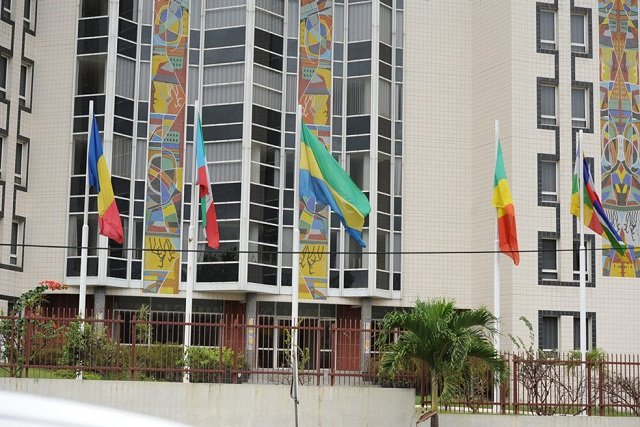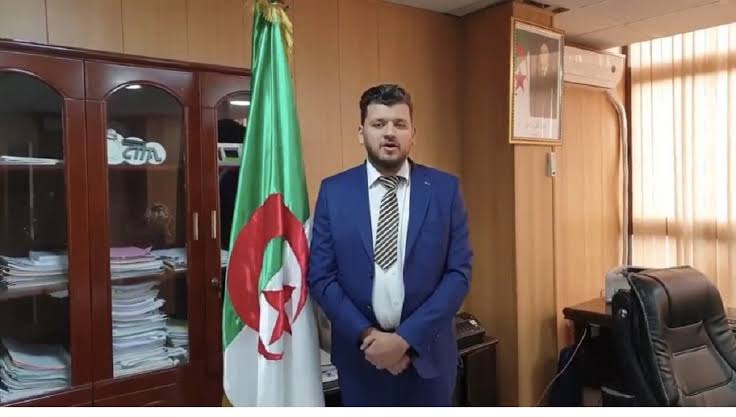Nigerian SEC Announces New Rules Governing Issuance of Digital Assets
Following the growing adoption of digital assets in Nigeria, and absence of enabling laws guiding most of it, the Nigerian securities regulator has announced new rules that govern the issuing of digital assets. The new rules also include registration requirements for platforms that offer digital assets.
The Nigerian Securities and Exchange Commission (SEC) has announced new rules that govern the issuing of digital assets as securities. The regulations also include rules on the registration requirements for digital assets offering platforms (DAOPs). Virtual asset service providers (VASPs) and digital assets exchanges are covered in the new set of rules that were recently published by the commission.

According to the new regulations, individuals or entities seeking to raise funds via a coin offering or a private sale of tokens must first submit an initial “assessment form and the draft white paper.” In the draft white paper, the commission says an entity seeking permission to operate must furnish it with “complete and current information regarding the initial digital asset offering projects, business plan and feasibility study.”
Read also NIGERIA’S Okra Named Among 100 Top Tech Pioneers
The draft document must also give a brief description of the initial digital asset offering, the value of each token, and the privileges it gives to the buyer. The use and allocation of the funds must also be stated therein, the SEC said.
Concerning white papers of initial digital asset offering projects, the commission said the document should have a disclaimer stating this does not represent an offer to sell. Once the required documentation has been filed, the SEC will review it to make a determination.
[The Commission shall] review the same within 30 days from receipt to determine whether the digital asset proposed to be offered constitutes a ‘security’ under the Investment and Securities Act 2007.
After a determination is made, the SEC will communicate this to the issuer within five days of the conclusion of the review.
Read also NIGERIA’S Okra Named Among 100 Top Tech Pioneers
Besides explaining the steps prospective issuers of digital currencies must take, the commission also lists the requirements and limits that must be adhered to. For an applicant seeking to register as a DAOP, the new rules say they must pay a filing fee equivalent to $241, a processing fee of $724, and a registration fee of $72,430.
Elsewhere in its 54-page new rules document, the commission says a DAOP “shall maintain a register of initial token holders who subscribed for the virtual assets/digital tokens during the offer period and enter into the register.” On using another platform as a host, the SEC said an “Issuer shall not be hosted concurrently on multiple DAOP or on an equity crowdfunding platform.”
Kelechi Deca

Kelechi Deca has over two decades of media experience, he has traveled to over 77 countries reporting on multilateral development institutions, international business, trade, travels, culture, and diplomacy. He is also a petrol head with in-depth knowledge of automobiles and the auto industry




















